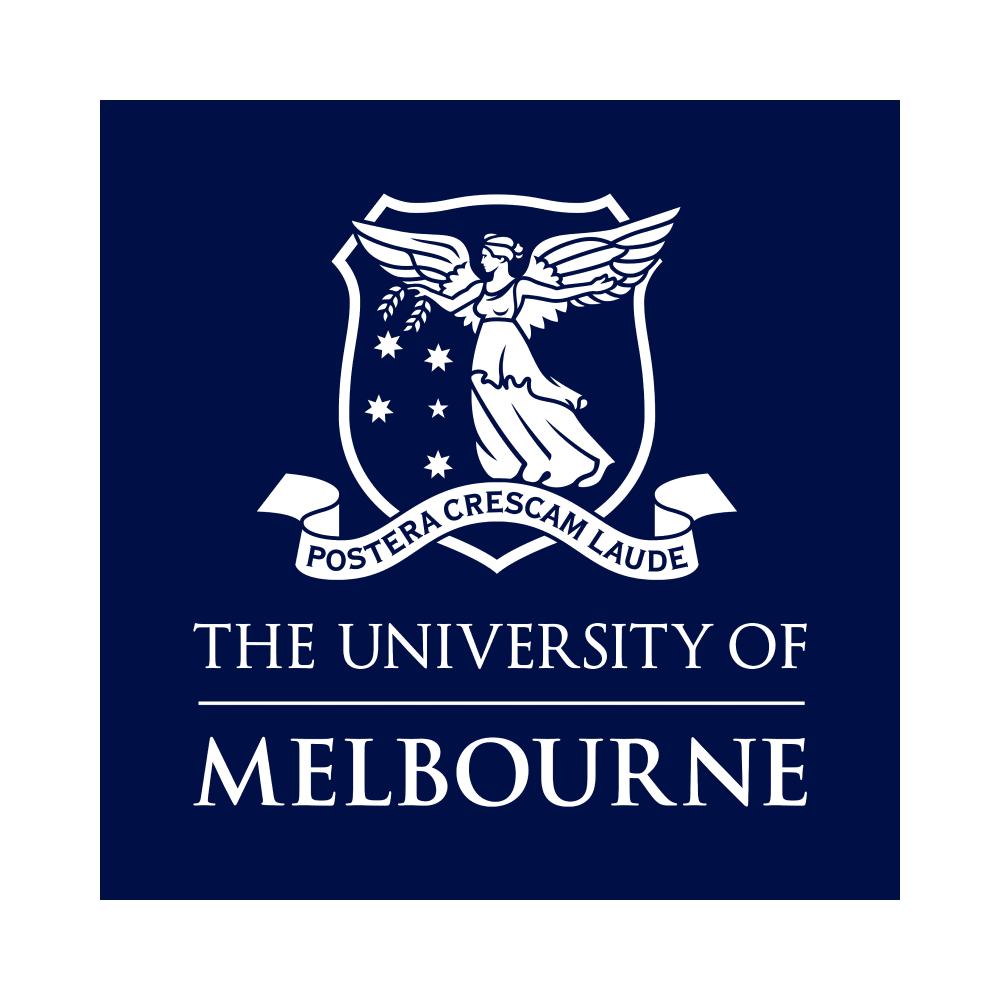University of Melbourne
Master of Commerce (Actuarial Science)
- Delivery: Face to Face
- Study Level: Postgraduate
- Duration: 18 months
- Course Type: Master's
Designed to provide business/commerce graduates who already have an actuarial major with further advanced studies in actuarial science.

Course overview
Melbourne Business School's Master of Commerce (Actuarial Science) is for students who hold an actuarial degree and wish to pursue their actuarial training further. With a broad grounding in quantitative techniques in insurance and financial risk modelling, graduates of this program will be well-positioned to pursue a professional career in the actuarial domain and related fields.
It focuses on actuarial theory and practice, specialising in quantitative techniques for insurance, superannuation and financial risk modelling. The program has a ‘practice’ pathway, which focuses on advanced professional training and a ‘research’ pathway, which prepares students for the PhD in Actuarial Studies.
CSP Subsidised Fees Available
This program has a limited quota of Commonwealth Supported Places (CSP). The indicative CSP price is calculated based on first year fees for EFT. The actual fee may vary if there are choices in electives or majors.
Key facts
What you will study
To complete the Master of Commerce (Actuarial Science), you must fulfil 150 points comprised of:
- Seven core actuarial subjects.
- Five elective subjects.
Student can elect to follow one of two pathways; the practice pathway or the research pathway. Students interested in progressing to the PhD program will need to follow the research pathway.
Core subjects
Complete all of the following subjects:
- Mathematics of Finance III
- Insurance Risk Models
- Actuarial Practice and Control I
Constrained choice core subjects
Students must take 25 points of actuarial subjects, selected from the following subjects:
- Actuarial Studies Projects - Part 1
- Insurance Risk Models II
- Mathematics of Finance IV
- Actuarial Science Research Report Part 1
- Actuarial Science Research Report Part 2
Capstone
Complete both of the following subjects:
- Actuarial Practice and Control II
- Actuarial Practice and Control III
Electives
Complete 62.5 points of electives selected from the following list; core actuarial subjects; or other masters-level subjects in actuarial studies, economics, finance or mathematics, as approved by the Academic Program Director.
- Time Series Analysis and Forecasting
- Bayesian Econometrics
- Numerical Techniques in Finance
- Systems Modelling and Simulation
- Mathematical Statistics
- Business Risk Management
- General Insurance Practice
- Computational Statistics and Data Science
Entry requirements
To be considered for entry into this course, you must have completed a bachelor's degree (AQF7) or equivalent in a cognate (relevant) discipline.
Cognate (relevant) disciplines include: Actuarial science.
English language requirements
All applicants to the University of Melbourne must satisfy the English language requirements. This may be achieved in a number of ways, including a recognised previous study taught and assessed entirely in English or an approved English language test.
Contact the university or visit its website for more information.
Recognition of Prior Learning
Prior studies may be credited towards your degree and potentially reduce the duration of your course. This is known as Advanced Standing (also known as credit or recognition of prior learning).
Applicants with an honours degree in Actuarial Science may be awarded up to 62.5 points of credit into the Master of Commerce (Actuarial Science). Credit will be assessed at the point of application. Contact the university for more details.
Outcomes
Learning outcomes
You will leave the degree with a number of essential skills, including the ability to:
- Critically analyse theoretical and practical problems in actuarial work.
- Evaluate analytically and numerically using actuarial models.
- Understand actuarial practice and conduct.
Career outcomes
Graduates of this course have gone on to some successful and varied careers. These are just some examples:
- PhD candidate
- Research assistance
- Actuarial analyst
Fees and CSP
Average first-year fee in 2026: From $17,392 (Commonwealth Supported Place)
Indicative first-year fee in 2026: $37,984 (domestic full-fee paying place)
The fees shown are based on a first-year and full-time study load of 100 credit points (eight subjects).
Student fees may vary in accordance with:
- The number of subjects studied per term.
- The choice of major or specialisation.
- Choice of subjects.
- Credit from previous study or work experience.
- Eligibility for government-funded loans.
You may also need to pay the student services and amenities fee.
Student fees shown are subject to change. Contact the university directly to confirm.
Commonwealth Supported Places
The Australian Government allocates a certain number of CSPs to the universities each year, which are then distributed to students based on merit.
If you're a Commonwealth Supported Student (CSS), you'll only need to pay a portion of your tuition fees. This is known as the student contribution amount – the balance once the government subsidy is applied. This means your costs are much lower.
Limited CSP spaces are offered to students enrolled in selected postgraduate courses.
Your student contribution amount is:
- Calculated per the subject you're enrolled in.
- Dependent on the study areas they relate to.
- Reviewed and adjusted each year.
HECS-HELP loans are available to CSP students to pay the student contribution amount.
FEE-HELP loans are available to assist eligible full-fee paying domestic students with the cost of a university program.

















